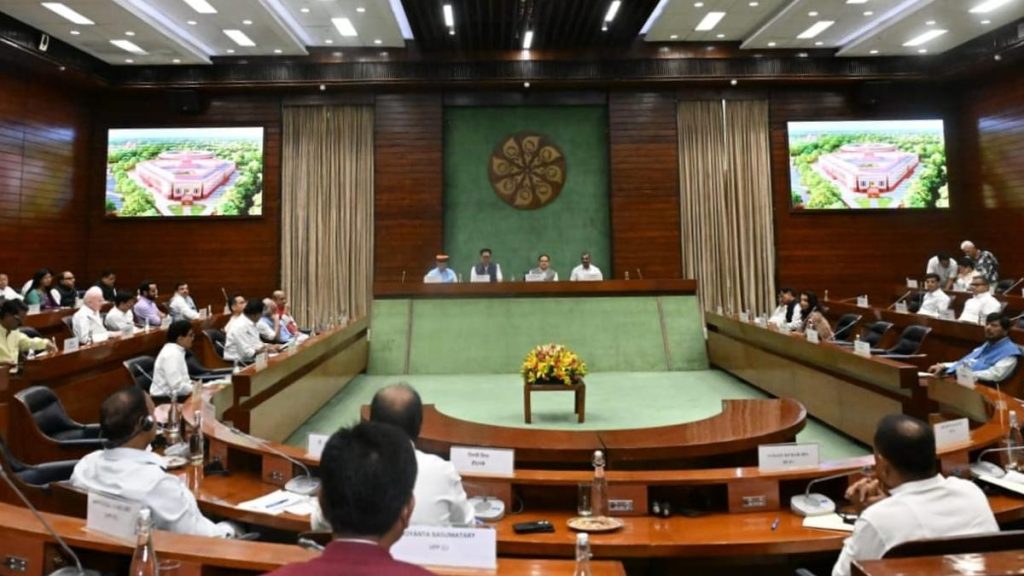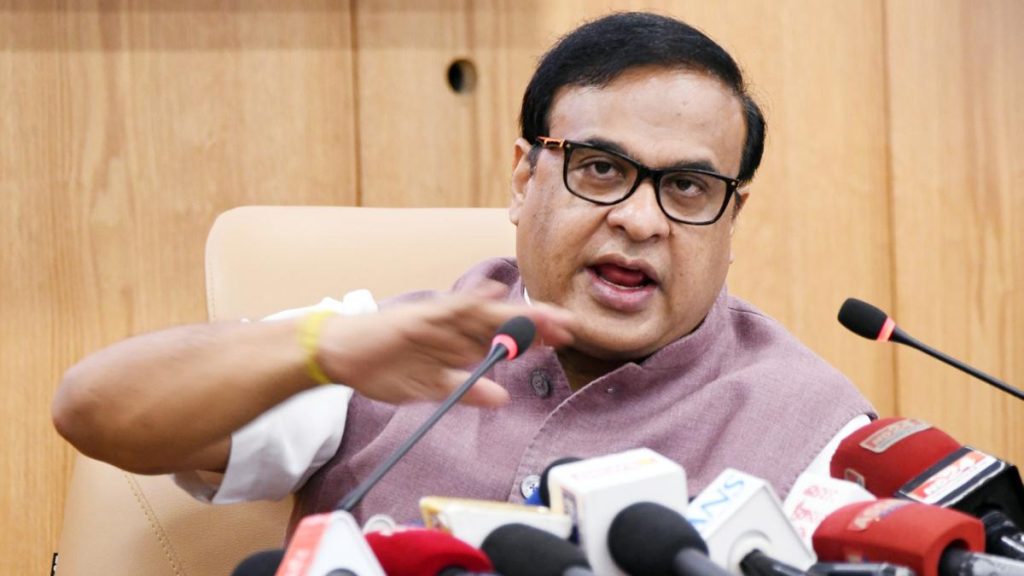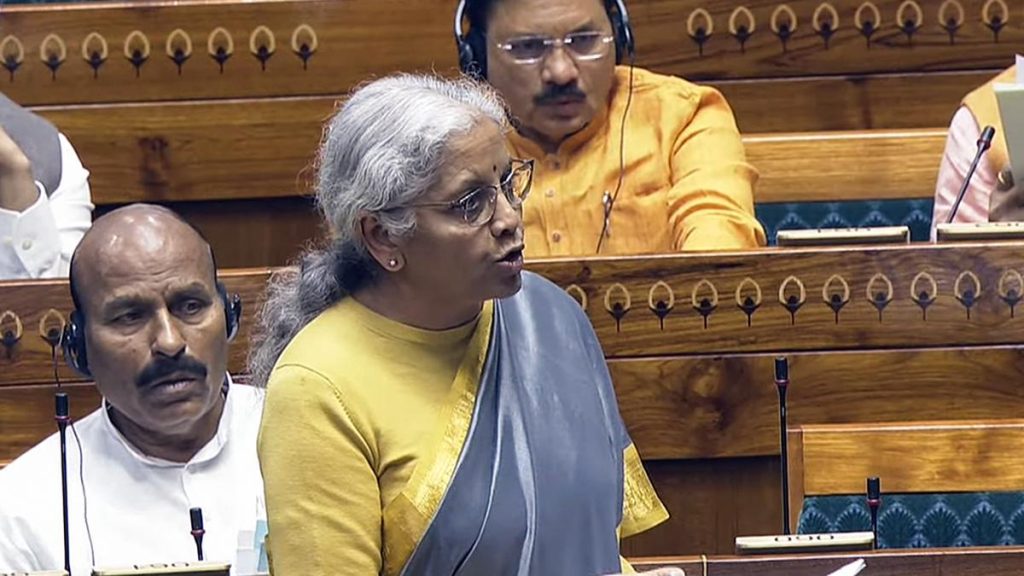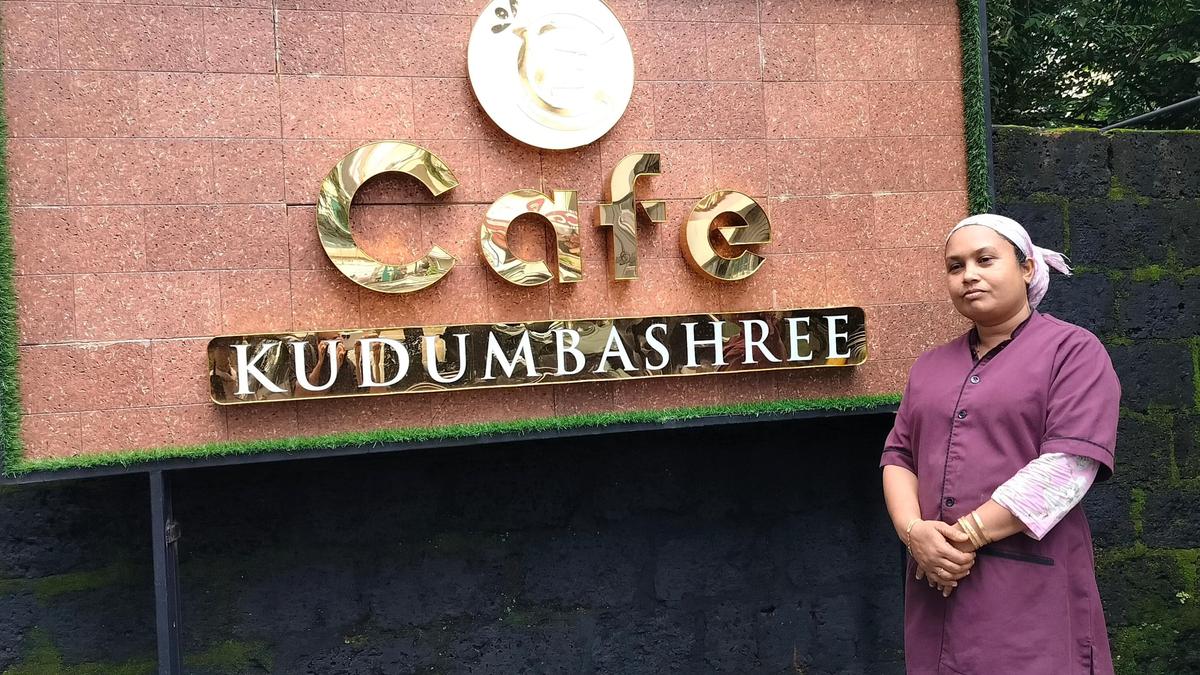Now Reading: Expert Panel Submits Report on Caste Survey
-
01
Expert Panel Submits Report on Caste Survey
Expert Panel Submits Report on Caste Survey
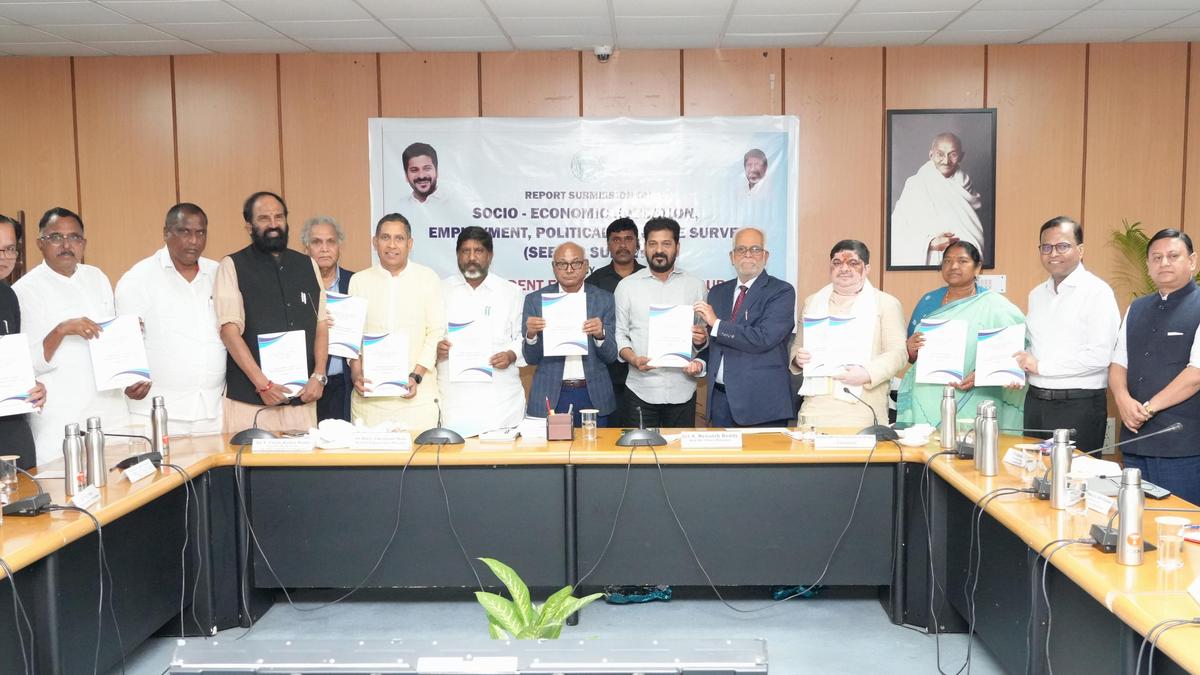
Speedy Summary
- Event: The Independent Expert Working Group (IEWG), appointed by the Telangana government, presented its caste survey report to Chief Minister A. Revanth Reddy on July 19, 2025.
- Details of Survey:
– the extensive survey was conducted in two phases: November-December 2024 and February 2025.
– Phase I covered data collection from households; engaged more than 1 lakh enumerators, recording details of over 96.9% households (1,12,36,849 families).
– Phase II permitted those left out to register their details via public offices or official channels.
- Survey Population: Total population recorded is 3.55 crore across Telangana from approximately 1.15 crore households:
– Scheduled Castes (SC): ~17.42% (61.91 lakh)
– Scheduled Tribes (ST): ~10.43% (37.08 lakh)
– Backward Classes (BC): ~56.36% (~2 crore)
– Other castes: ~15.89% (~56 lakh)
- Government Statements:
– CM Revanth Reddy referred to the survey as “Telangana’s Mega Health Check-up” and emphasized using it for policy-making benefiting marginalized communities.
– Urban-rural disparities noted for welfare focus.
- Expert Remarks: Report praised as scientific and reliable; deemed a nationwide model for future surveys in other states.
Indian Opinion Analysis
The Telangana government’s decision to conduct this comprehensive caste census illustrates a pioneering effort in addressing socio-economic disparities at scale through data-driven policies. The sheer magnitude of participation-over one lakh enumerators covering nearly the entire state population-shows an enterprising administrative achievement that coudl influence welfare governance nationally.
This initiative reveals significant demographic insights into SC/ST proportions and underlines that backward Classes constitute over half the state’s population-a critical metric likely shaping resource allocation moving forward to address inequalities effectively.
The IEWG’s acknowledgment of this survey’s scientific rigor hints at its potential replication across India where targeted social schemes remain foundational due to diversity complexities within populations.
For India as a whole, such region-specific empirical evidence might enable governments beyond Telangana not only to refine existing frameworks but also better align developmental agendas wiht citizens’ needs while fostering inclusivity at both urban and rural levels.
Read more: Source


